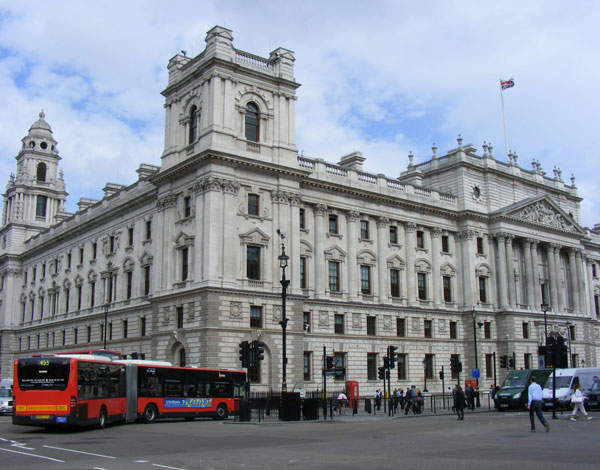

As a passionate American Anglophile, you step off the plane at Heathrow excited about spending the summer in the UK. There’s Glyndebourne, Ascot, Henley and Wimbledon to look forward to, not least the exhibitions and shows in the West End you’ve already got booked.
But then, to your surprise, you are pulled aside at UK Border Control. You’ve been coming to the UK for years and this has never happened before. Under the US/UK visa waiver scheme you don’t even need to apply for a visa before coming to the UK so what’s going on?
As a visitor, you thought you were allowed to come to the UK for up to six months at any one time but Border Control now tell you that you are spending too much time in the UK and are effectively ‘residing in the UK’ in breach of the visitor visa rules. An immediate flight home looms.
Sound unbelievable? Sadly this is becoming an all too frequent occurrence for many high net worth American visitors arriving in the UK. So what do you do? Well, applying for a UK visa in advance of your arrival is often helpful – rather than relying on the visa waiver scheme, you have a tangible bit of paper showing that you have clearance to enter the UK.
In particular, the Investor Visa is an attractive visa route for those who have at least £1 million available to invest in the UK because of its flexibility – your spouse and children can come with you, it is renewable indefinitely and you even have the option of working in the UK.
But changes are afoot. The Migration Advisory Committee recently recommended that the Investor Visa rules should be significantly overhauled, and in particular, the £1 million investment sum should be increased to £2 million. The availability of £2 million to bring into the UK may not be too much of an issue (although planning is needed to ensure that the funds are held in your own name for at least three months prior to your Investor Visa application) but beware, more problematic traps and pitfalls may arise.
In the past, as a visitor to the UK, you have never been overly concerned with issues of tax residence. But did you know that in April 2013, the UK introduced a new statutory test to determine whether a person is UK tax resident or not? Broadly, the test takes into account both the amount and quality of time you spend in the UK together with a tie-breaker which looks at any other connections you have with the UK.
Even if you spend nowhere near 183 days in the UK in any tax year, you may inadvertently become UK tax resident on account of other ties you have with the UK, including family ties (are your children at school here?), accommodation ties (do you have a London pied a terre?), work ties (do you spend 40 or more working days in the UK for business meetings in a tax year?), and the fact that you have been spending a lot of free time in the UK which adds up to more than 90 days in the UK in either of the last two tax years.
The number of UK ties you have reduces the number of days you can spend in the UK without becoming UK tax resident. For example, you can have up to two UK ties and spend between 91 and 120 days in the UK without becoming UK tax resident but if you have up to three UK ties, you can only spend between 46 and 90 days in the UK before you become UK tax resident.
So it is possible that you may have inadvertently already become UK tax resident before entering the UK on your new Investor Visa. As an ‘accidental’ UK resident, non UK domiciliary, bringing your Investor Visa funds into the UK could then trigger a remittance basis tax charge.
While never welcome, if the Investor Visa investment threshold is raised, unintended tax consequences become far less palatable. So be warned – it has become increasingly important to plan ahead considering immigration and tax issues in the round before you come to the UK.
Emily O’Donnell is an associate at boutique private wealth law firm, Maurice Turnor Gardner LLP






